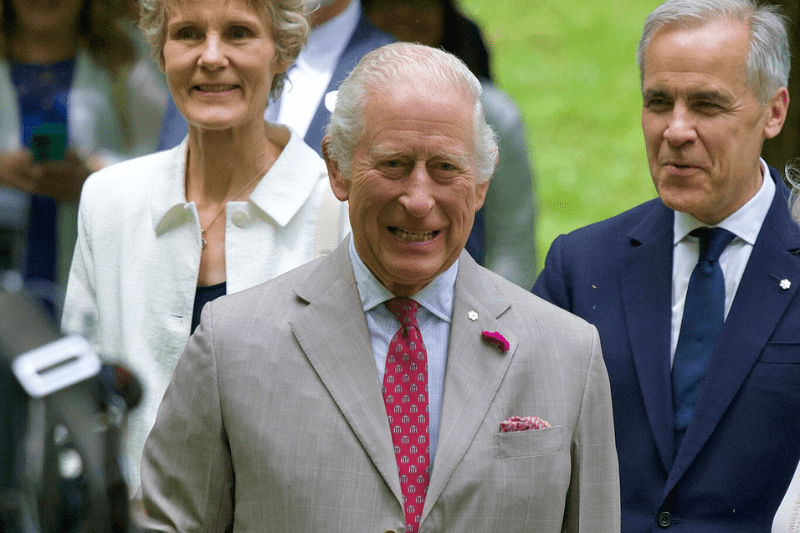448

King Charles III smiles while meeting Canadian dignitaries during his state visit to Rideau Hall on May 26, 2025.

The federal government plans to cut middle-class taxes and remove internal trade barriers by Canada Day as part of what King Charles called "the largest transformation of its economy since the Second World War" during his Speech from the Throne delivered in Ottawa Tuesday. Speaking on behalf of the ...
This article is available to registered HR News Canada members. Membership is free and provides full access to our independent reporting on workplace HR issues across Canada.
Already a member? Log in below
Todd Humber is an award-winning workplace journalist who has been covering the HR, employment law, and workplace safety beats for 25 years. He is the publisher and editor-in-chief at HR News Canada, published by North Wall Media.

HR News Canada is an independent source of workplace news for human resources professionals, managers, and business leaders. Published by North Wall Media.
©2026 All Right Reserved. Designed and Developed by North Wall Media